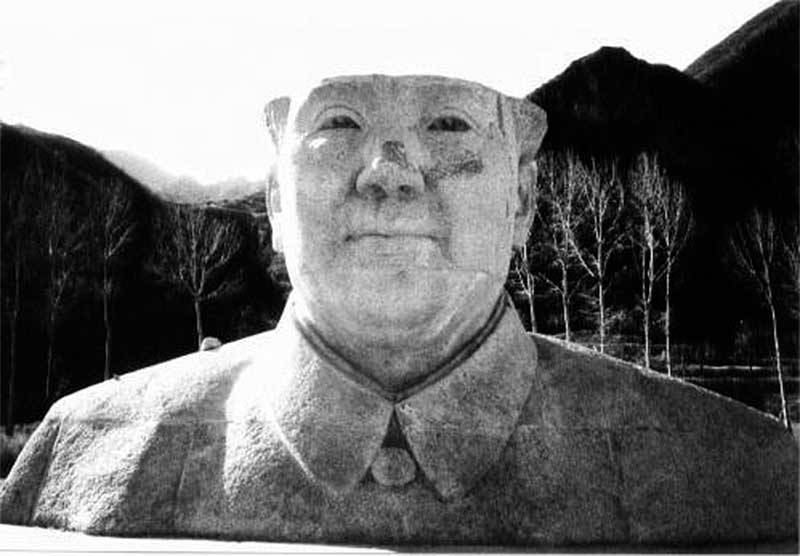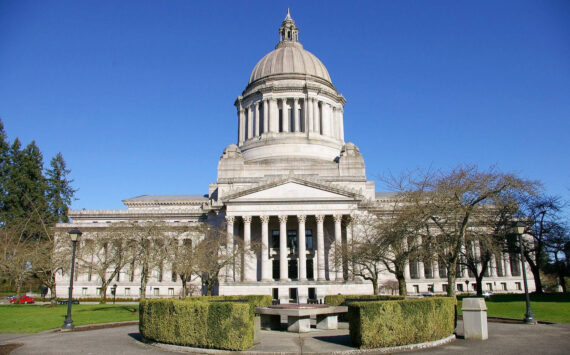By Morf Morford
Tacoma Daily Index
With all the books, blogs and seminars on leadership, you’d think we’d be in a golden age of leadership or at least an agreed upon set of criteria of what leadership is or should be.
And in our particularly divided times, our disagreement on what effective and productive leadership is, or should be is no surprise.
Many of us might say that we “like” or “agree with” any given supervisor or political official.
But what does that have to do with actual leadership?
All too often, it means next to nothing.
I have worked for (or voted for) people I did not fully “like” – but I did have respect for.
And the opposite is also true; I have found that I could not support (or work for) those I have little respect for, no matter how much I “liked” or “agreed” with them.
In general though, most of us have a slightly, if not thoroughly, muddled idea of what we want in a leader.
For example, when it comes to a boss or a president, do we want an effective manager or someone who inspires us, represents us and is “one of us”?
President George W. Bush, for example, several years ago, was described as a man many of us would “like to have a beer with”.
America is perhaps the only nation where having a beer with a sitting president could ever be a criteria for leadership.
Many of us, from workers to citizens, have somehow made popularity and democracy synonymous.
Leaders, by definition, “lead” – in other words, a leader sets the tone, models the preferred behavior or values and is distinct from, and at the same time embodies and represents those who would follow or support them.
An effective leader, after all, can only “lead” if they have the confidence of those who follow.
That basically means that, especially in a political system (and even, for the most part, our economic system) “We the people” do in fact hold a high degree of responsibility when it comes to competent and effective leadership.
In our economic system, for example, an enduring principle has been “The customer is always right”.
Our economy is about 80% consumer driven. We are in a “demand” economy; a responsive market will (if it wants to survive) meet the “demands” of customers.
Effective leaders do not put too much distance between themselves and those they would lead.
But another strand of leadership requires exactly that distance – if not more.
If you think about it, many cities and several nation-states have two “leaders” – an administrator, a city manager at a city level or a prime minister at a national level as opposed to (and along side with) more of a figurehead like a king or a queen at a national level or a mayor at the municipal level.
Our office of president is a not-always-clear fusion of both of those.
And those of us who vote for president are usually at least as split about what we want – or maybe even more split – and passionate – about what we DON’T want.
We can’t decide if we want a chief executive or a head of state; a symbol or a policy nerd.
And we can’t make up our minds over whether we’d like a president “to have a beer with” one of us, or one that heroically stands above and beyond us, like one of our Founding Fathers guiding us to our destiny.
George Washington almost always heads the list of “best” presidents.
He, with years of military leadership experience, also stood out as a leader who, for the most part, modeled and exemplified the values he and the other Founding Fathers idealized.
George Washington unified, defined and (literally) defended our nation in its earliest years.
Washington himself has been idealized, if not nearly deified.
In polls of political scientists (and regular citizens) George Washington almost always “wins” as the “best” president, with Abraham Lincoln as a nearly unanimous second place holder.
The worst leaders divide and demoralize us. They magnify our worst impulses and deepest fears. They weaken us when we need vision and resolve, give us comforting lies when we need reliable truth and trivialize our ideals and deepest values.
Denial and scape-goating are their first instincts. Blaming others is their universal response.
Avoiding responsibility is their super power.
Self-preservation is their first principle.
From boss to president to abusive parent or partner, this form of “leadership” is never anything but destructive.
Scandals, lawsuits and petty feuds are their legacy.
Styles and schools of leadership may change, but at the core, few principles of leadership have changed over the centuries.
The best leader at any level is a symbol and a manager, someone like us, but at the same time, much more than that.
The best leader inspires and equips us, tells us the truth and reminds us that we can do, and be, better.
No matter how difficult the challenge, the best leader reminds us that there is an end, and our most relentless enemy is not some outside force or belief system, but our own inertia and presumptions.
The best leaders remind us who we are, and what we, at our best, could become.
A good leader reminds us that, no matter how things are now, they weren’t always like this.
And they won’t always be like this.
A good leader reminds us that there has never been a time like this, and never will be again.
And that we, our struggles, dreams and aspirations, are just another strand in a grand fabric that, it seems, only they can see.
We need, and value leaders who recognize who we are and see that, even when we forget, we can be much more than what we are today.
We want to be like them.
We want our children to be like them.





